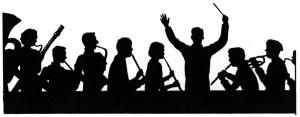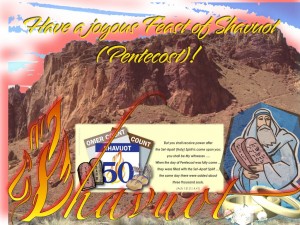 You are invited to Sukkot NW 2014 Messianic Hebrew Roots Feast of Tabernacles celebration at Indian Mary Park on the Rogue River in southern Oregon! Sukkot is during prime salmon and steelhead fishing season, so you may be wise to make your camping reservations now.
You are invited to Sukkot NW 2014 Messianic Hebrew Roots Feast of Tabernacles celebration at Indian Mary Park on the Rogue River in southern Oregon! Sukkot is during prime salmon and steelhead fishing season, so you may be wise to make your camping reservations now.
Registration for Sukkot Northwest 2014 is now open! Won’t you join us as we celebrate the season of our joy at Sukkot NW?
More Info
You are cordially invited to join the Sukkot NW planning team, Congregation Elim of Tigard, Oregon and Hoshana Rabbah Biblical Discipleship Resources for our twelfth annual Sukkot Northwest regional gathering this fall in southern Oregon on the wild and scenic Rogue River.
This year, we will be celebrating the Feast of Tabernacles (or Chag Sukkot) in one of the most beautiful campgrounds in Oregon — on the banks of the Rogue River — where bald eagles will be flying overhead and sea-run salmon will be spawning in the river waters below against a backdrop of steep canyon cliffs and tree-covered mountains. Our meeting facility literally overlooks the river and will be under an arching cathedral-canopy of huge oak and maple trees festooned in their bright fall colors. For your comfort and pleasure, the campground has all the amenities necessary for tent campers and RVers, including hot showers, a playground, various sports facilities, and ice. Don’t camp? You can rent a travel trailer and have it dropped off at the campground, or you can stay in a nearby cabin or lodge or a hotel in Grants Pass just 20 minutes from the campground. There’s even a full-sized grocery store only five minutes from the campground. Because Sukkot is so “late” this year, we prayed and asked YHVH to direct us to a location where the weather would still be dry, warm and beautiful through mid to late October and that was also close to major routes. Indian Mary Campground, in gorgeous Josephine County about 20 minutes from Grants Pass, Oregon and just five minutes from the small hamlet of Merlin, is such a place. This campground is located in YHVH’s beautiful creation and is away from the rat race of the city, yet easily accessible (just fifteen minutes off of Interstate 5) within a short distance from a larger city for your shopping needs. We praise YHVH Elohim for his bountiful grace! Since Sukkot prophetically pictures the one-thousand-year-long reign of King Messiah Yeshua (called the Millennium or Messianic Age), we wanted an idyllic spot that would best reflect our spiritual hope as we prepare to reign with King Yeshua as his glorified kings and priests in his eternal kingdom. We wanted a spot where, on this most joyous of all of YHVH’s seven festivals, we could meet with him and our fellow redeemed Israelites from various states as he has commanded in his Scriptures. We believe he has led us to such a spot.
As always, in the midst of our playing, vacationing and fellowship we want to keep our spiritual focus sharp. We come to Sukkot primarily to meet with our Heavenly King and to keep him at the center of everything. Our biblical teachers will be sharing and leading discussions on a variety of subjects as the Holy Spirit leads them. However, a major theme for this year will be the regathering and reuniting of the two houses Israel as the one new man in preparation for the second coming of Yeshua. We will be teaching about the historical and prophetic implications of this and how it affects your spiritual journey here and now. This is your formal invitation to join us (along with all of your other wild branch Israelite brothers and sisters) for Sukkot NW 2014 on the wild and scenic Rogue River in Southern Oregon.










